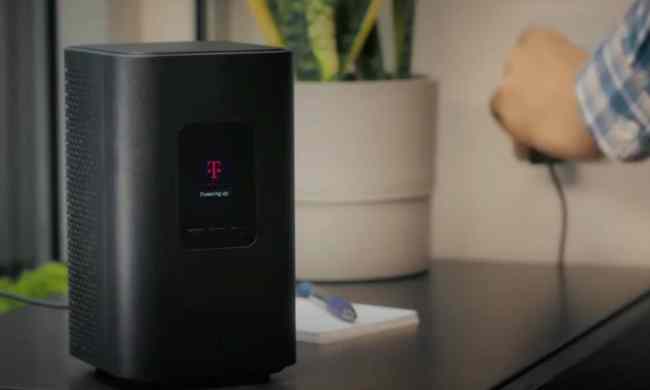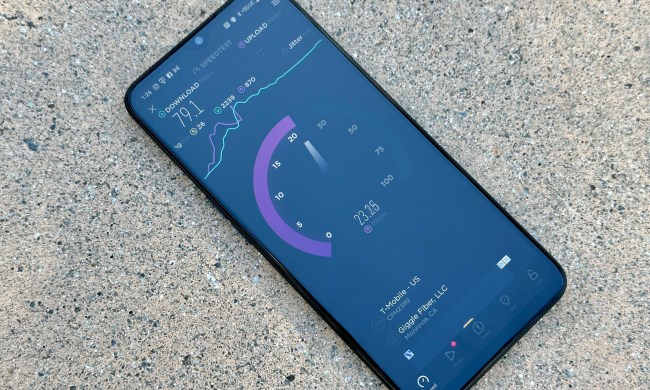The U.K. has made its decision over the use of Huawei equipment in its 5G networks, after months of indecision and delays. Huawei will be included in building 5G networks in the U.K., according to the government; but it, along with other so-called “high-risk vendors,” will not contribute to connecting the more sensitive aspects and sites controlled by the networks.
What does this mean? Huawei will not build the “core” structure of the U.K.’s 5G network, and will not install infrastructure equipment at sites deemed sensitive, which apparently includes nuclear power stations and military facilities and buildings. It will have an enforced cap that restricts it from being responsible for more than 35% of the infrastructure powering the U.K.’s 5G networks.
In a tweeted statement from the official @HuaweiUK Twitter account, Huawei Vice President Victor Zhang said that Huawei would help build “a more advanced, more secure and more cost-effective telecoms infrastructure that is fit for the future.”
"This evidence-based decision will result in a more advanced, more secure and more cost-effective telecoms infrastructure that is fit for the future. It gives the UK access to world-leading technology and ensures a competitive market." pic.twitter.com/6P7Nk1oaNU
— HuaweiUK (@HuaweiUK) January 28, 2020
“We have supplied cutting-edge technology to telecoms operators in the U.K. for more than 15 years. We will build on this strong track record, supporting our customers as they invest in their 5G networks, boosting economic growth and helping the U.K. continue to compete globally.”
The decision is the middle-ground most expected, but it does go against repeated calls from the U.S. government for the U.K. to boycott Huawei entirely from its 5G networks. Stating security fears, but without showing concrete evidence, the U.S. has threatened to withhold intelligence from nations that use Huawei telecoms equipment. The U.S. has been involved in a trade war with China and has placed Huawei on its “Entity List,” which prevents U.S. businesses from trading with the company.
“This is a U.K.-specific solution for U.K.-specific reasons and the decision deals with the challenges we face right now,” U.K. Culture Secretary Nicky Morgan told The Guardian. “It not only paves the way for secure and resilient networks, with our sovereignty over data protected, but it also builds on our strategy to develop a diversity of suppliers.”
5G is the next generation of mobile broadband that will eventually replace, or at least augment, your 4G LTE connection. With 5G, you’ll see exponentially faster download and upload speeds. Latency, or the time it takes devices to communicate with wireless networks, will also drastically decrease.



